Lebanese rally, block roads as currency tumbles to record lows
Demonstrators have taken to the streets across Lebanon, blocking roads and clashing with security forces in protest at the worsening economic conditions that have seen the Lebanese currency tumble to record lows.
Reporting on Saturday, the official National News Agency (NNA) said a number of protesters had blocked the Choueifat Highway in southwestern Beirut.
A local driver, who was insisting to pass through, ran over the crowd, injuring seven people. This prompted security forces to put the driver under arrest and the protesters to set his vehicle on fire.
People also held rallies in the southwestern city of Sidon, blocking one road and setting fire to garbage containers.
In Tripoli, the country’s second-largest city, demonstrators choked up a highway by parking trucks, setting tires on fire, and piling up rocks.
Protests were also reported elsewhere across the country, where one dollar has come to be valued at around 10,000 Lebanese dinars.
President Michel Aoun has ordered an investigation into the sheer fall of the national currency’s value and punishment of those responsible for the potential corruption that has brought the situation about.
The economy has been in a free fall since former prime minister Saad Hariri announced his own and his cabinet’s resignation in October 2019.
Ever since, internal divisions and external pressure by some Western countries, including France -- Lebanon’s former colonial power -- over the configuration of any new government, have prevented the formation of a formal cabinet that could enter negotiations for economic assistance with the International Monetary Fund (IMF).
Amid the already incendiary circumstances, the capital was shaken with an ear-splitting explosion last year that had reportedly resulted from dangerous stockpiling of some 750 tons of ammonium nitrate. As many as 190 people died in the tragedy that was followed by huge rallies against official-level maladministration. The damages from the disaster have been calculated at more than $10 billion.
The United States has also taken Lebanon under sanctions, taking issue with the prominent status and popularity of the Hezbollah resistance movement in the country. The US has blacklisted the group that has fought off several Israeli wars and is part of the country’s defense power against any potential recurrence of aggression.
‘Govt. formation only means of resolving crisis’
Caretaker Prime Minister Hassan Diab, meanwhile, delivered a televised address, lashing out against the foot-dragging that had prevented the formation of a new government.
“The Lebanese are suffering from a serious social crisis that is likely to worsen if a new capable government is not formed, a government driven by internal political impetus and external support to deal with this crisis,” he said.
“The equation is clear: we cannot solve the social crisis without resolving the financial crisis; we cannot solve the financial crisis without resuming negotiations with the IMF; we cannot carry on negotiations with the IMF without undertaking reforms, and we cannot carry out reforms without forming a new government,” he noted.
The IMF and Paris have been pressing Lebanon to introduce certain “reforms” in exchange for any bailout package. Observers call the demand a tall order at a time when the country has already too much on its plate.
Iran, Russia sign MoU to strengthen security cooperation
VIDEO | Iran marks defeat of US military operation in Tabas Desert
VIDEO | Press TV's news headlines
US troopers crack down on pro-Palestinian protests at University of Texas
VIDEO | German warship departs Red Sea as EU 'naval mission' fails
VIDEO | Palestinians inspect rubble of destroyed building in Rafah
Yemeni forces strike US, Israeli vessels in fresh pro-Palestinian operations
‘Say no to Biden’: US college being pressed not to endorse genocide


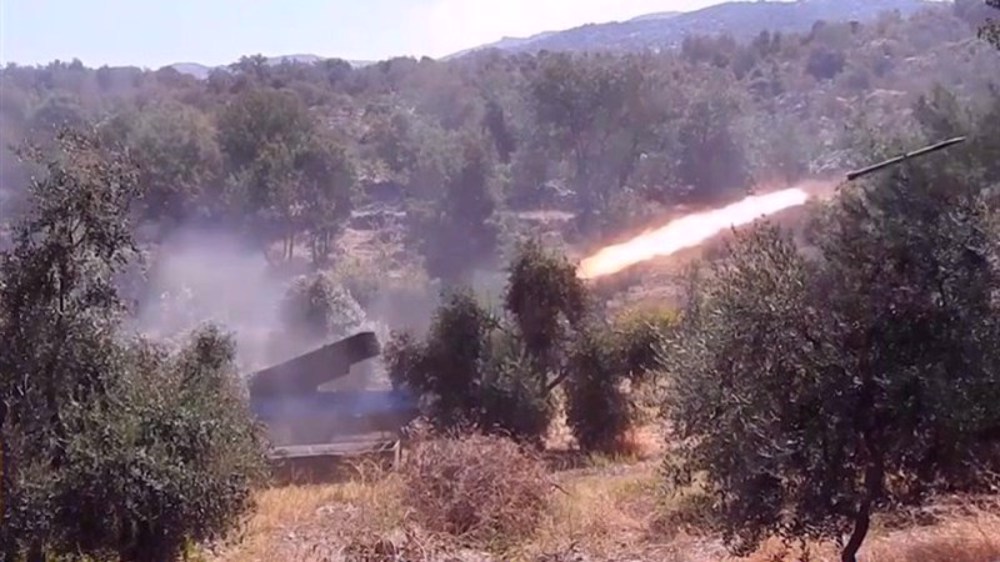
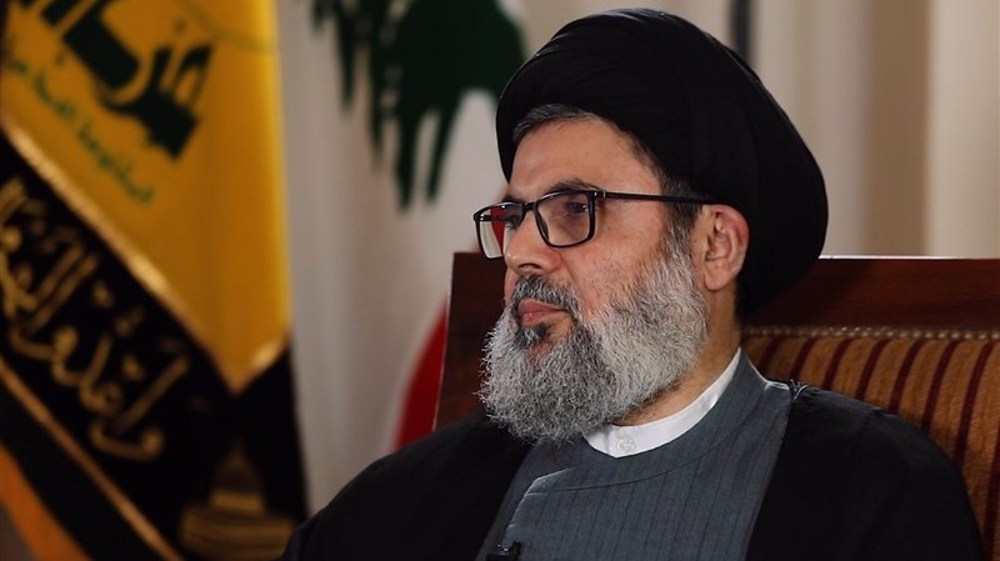
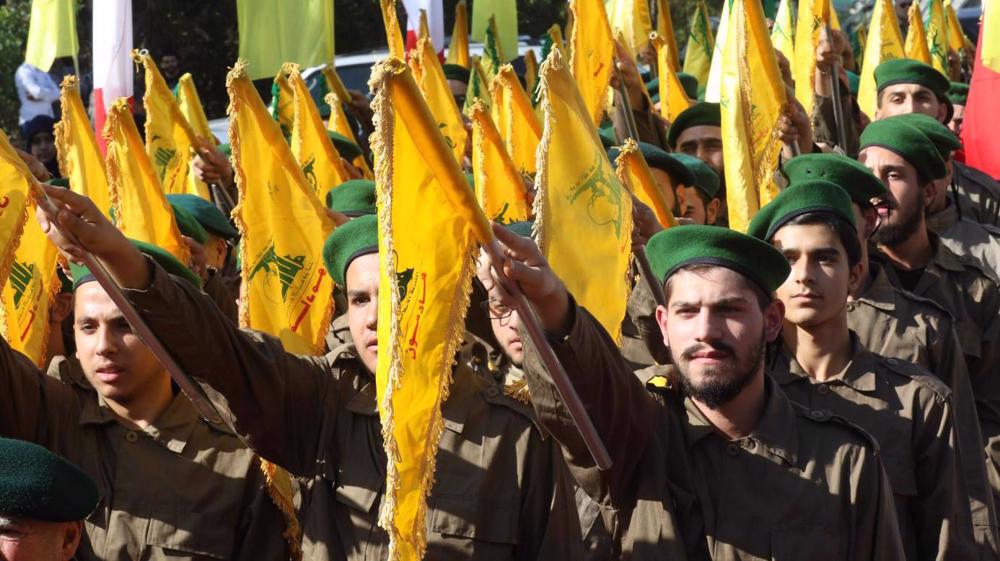




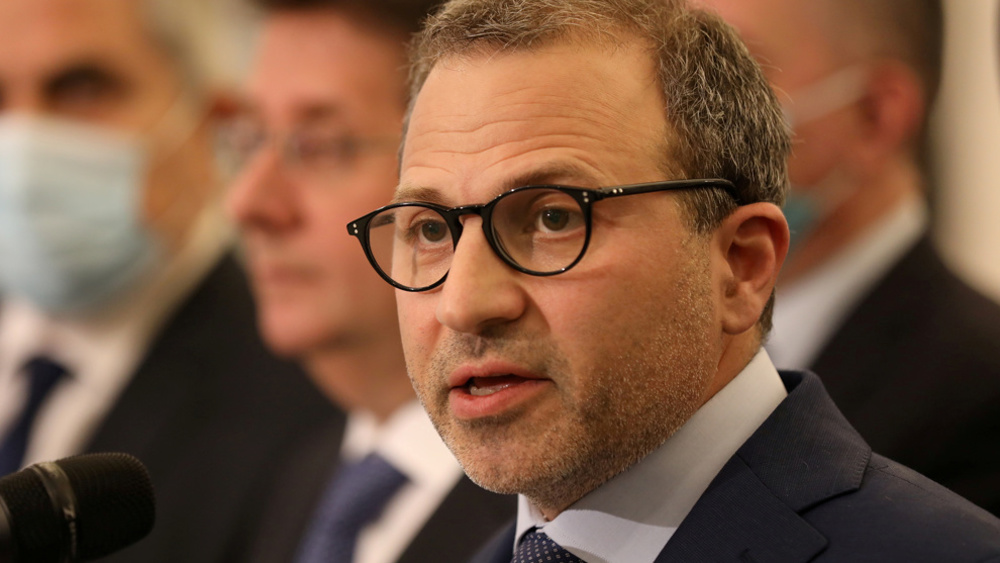
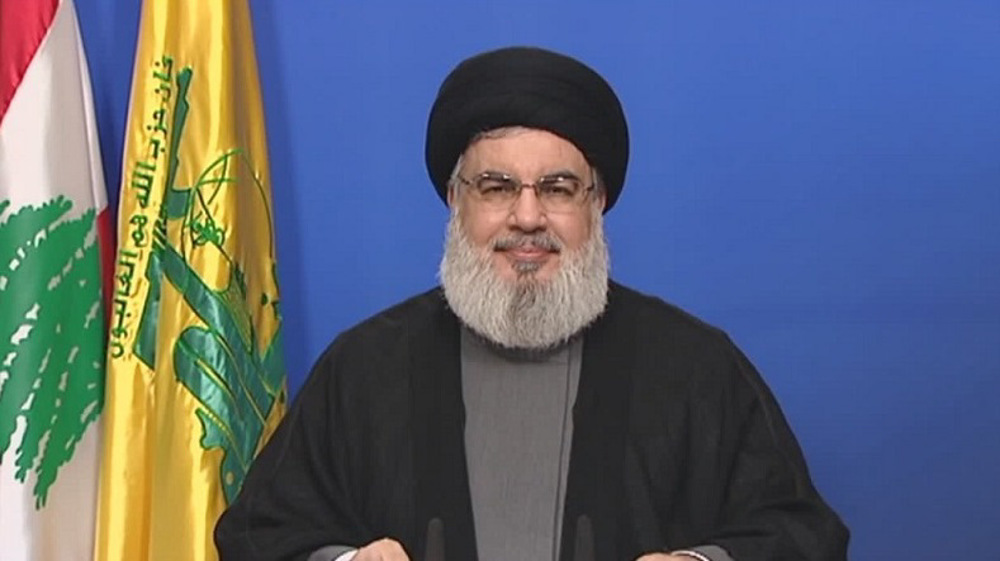

 This makes it easy to access the Press TV website
This makes it easy to access the Press TV website